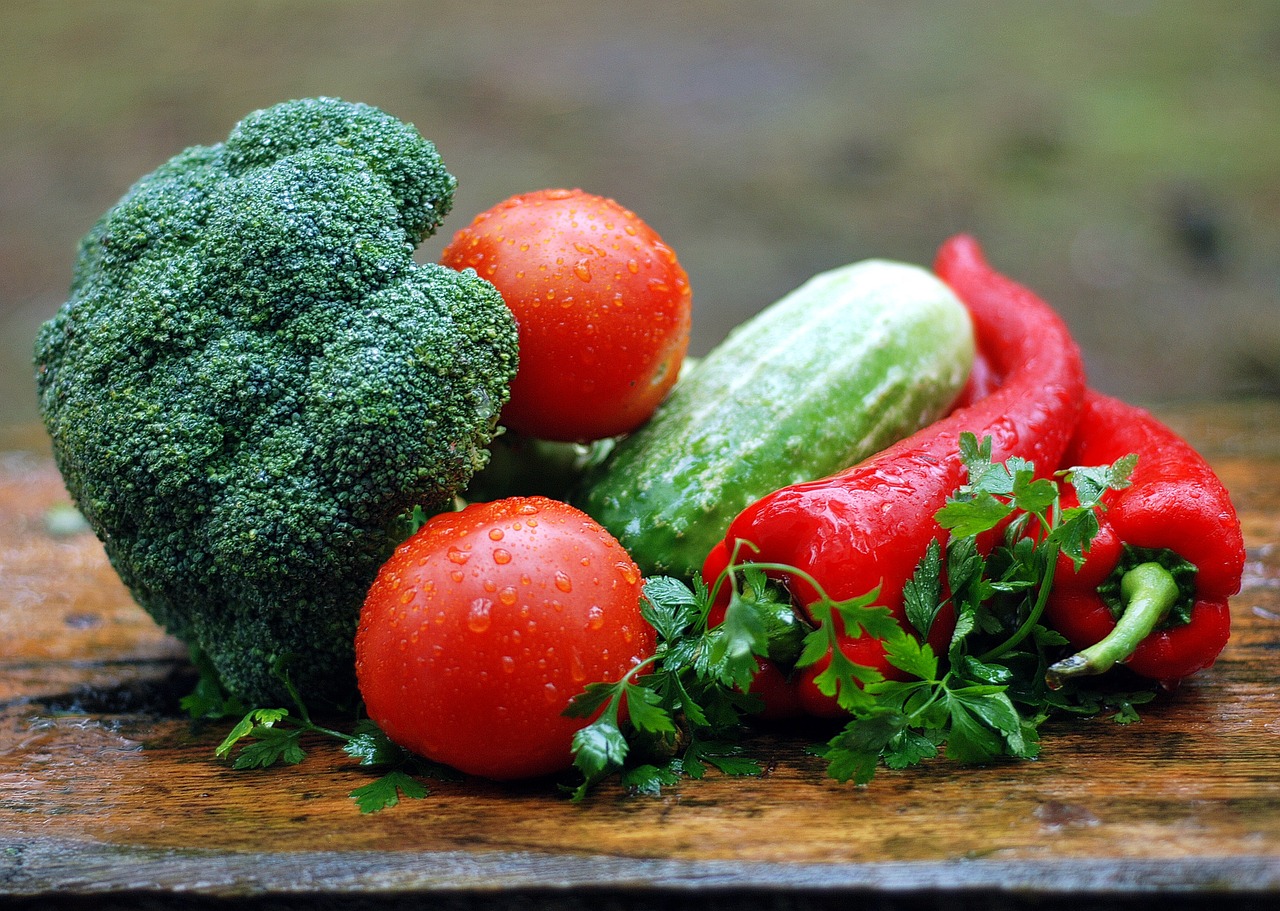“`html
The vegan diet has gained immense popularity in recent years, promoting not only a healthier lifestyle but also a more sustainable way of living. With a focus on plant-based foods, it emphasizes fruits, vegetables, grains, nuts, and seeds while eliminating all animal products. This shift has prompted many to consider the numerous benefits that accompany a vegan lifestyle, from ethical concerns regarding animal rights to significant health improvements. In this blog post, we’ll explore the ins and outs of a vegan diet, its benefits, nutritional considerations, delicious meal ideas, and how to transition effectively.
What is a Vegan Diet?
A vegan diet is one that excludes all animal-derived foods. People choose to adopt a vegan lifestyle for various reasons, including health concerns, ethical considerations regarding animal welfare, and environmental factors. Below, we will delve into the defining characteristics of a vegan diet.
Key Principles of a Vegan Diet
- Exclusion of Animal Products: A vegan diet avoids meat, dairy, eggs, and other products derived from animals.
- Focus on Whole Foods: Many vegans prioritize whole, unprocessed foods for maximum nutritional benefit.
- Variety of Plant-Based Foods: A varied diet includes fruits, vegetables, legumes, nuts, seeds, and grains.
Health Benefits of a Vegan Diet
Adopting a vegan diet can lead to numerous health benefits, many of which are supported by scientific studies. Here are some of the most notable advantages:
Weight Management
- A vegan diet is often lower in calories, which can contribute to weight loss and maintenance.
- A 2019 study published in the Journal of the American College of Nutrition found that vegans had a lower body mass index (BMI) compared to non-vegans.
Improved Heart Health
- Plant-based diets are rich in essential nutrients and low in saturated fats, helping to lower cholesterol levels.
- Research indicates that vegans have a 32% lower risk of developing ischemic heart disease.
Reduced Risk of Chronic Diseases
- A vegan diet can lower the risk of diabetes, hypertension, and certain cancers.
- Incorporating more fruits and vegetables can significantly enhance overall immune function.
Nutritional Considerations
While a vegan diet can be incredibly healthy, it’s essential to be aware of potential nutritional gaps. Here are some nutrients that require attention:
Essential Nutrients to Monitor
- Vitamin B12: Found primarily in animal products, vegans should consider fortified foods or supplements.
- Iron: Plant-based iron is less absorbable; pairing with vitamin C-rich foods can enhance absorption.
- Omega-3 Fatty Acids: Sources include flaxseeds, chia seeds, and walnuts. Algal oil supplements are also an option.
- Protein: Include a variety of legumes, beans, tofu, quinoa, and tempeh to ensure adequate intake.
Delicious Vegan Meal Ideas
Transitioning to a vegan diet doesn’t mean sacrificing taste. Here are some creative and delicious meal ideas:
Breakfast Options
- Smoothie Bowl: Blend spinach, banana, and almond milk, then top with granola and fresh berries.
- Chia Seed Pudding: Mix chia seeds with coconut milk and let sit overnight, topped with fruit in the morning.
Lunch and Dinner Ideas
- Quinoa Salad: Combine quinoa with black beans, bell peppers, corn, and a lime-cilantro dressing.
- Veggie Stir-Fry: Sauté a mix of seasonal vegetables and tofu in soy sauce and serve over brown rice.
Snack and Dessert Suggestions
- Hummus and Veggies: Pair homemade hummus with sliced carrots and cucumber for a nutritious snack.
- Vegan Brownies: Use black beans as a base for fudgy, delicious brownies.
Making the Transition to a Vegan Diet
Transitioning to a vegan diet can be challenging but rewarding. Here are some practical tips to make the shift smoother:
Steps for Transitioning
- Start Gradually: Begin by eliminating one animal product at a time.
- Explore Vegan Alternatives: Experiment with plant-based milks, meats, and cheeses available in stores.
- Plan Meals: Create a weekly meal plan to ensure balanced nutrition and variety.
- Join a Community: Engage with local or online vegan groups for support and recipe inspiration.
Conclusion
In conclusion, adopting a vegan diet can lead to numerous health benefits, environmental sustainability, and ethical considerations regarding animal welfare. While there are nutritional considerations to keep in mind, with proper planning, a vegan diet can be wholly satisfying and nutritious. By incorporating a variety of foods and being mindful of key nutrients, anyone can thrive on a plant-based diet and enjoy the multitude of flavors it has to offer. If you’re thinking about making the switch, use the tips provided to create a seamless transition, and embrace the vibrant world of vegan cuisine.
“`



